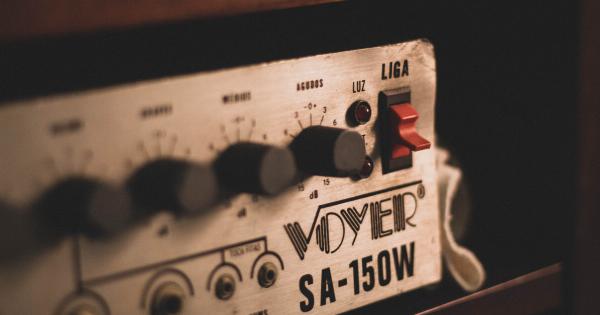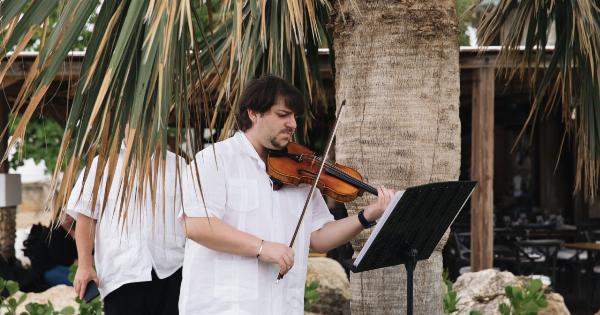Stroke, a condition characterized by the sudden interruption of blood supply to the brain, can have devastating effects on individuals and their loved ones.
While traditional medical treatments such as medication and physical therapy play a crucial role in stroke recovery, alternative treatments have gained attention for their potential to enhance rehabilitation outcomes. In this article, we will explore various alternative treatment options that can help unlock your potential for stroke recovery.
1. Acupuncture
Acupuncture, a form of traditional Chinese medicine, involves the insertion of thin needles into specific points on the body. This alternative treatment has been found to improve motor functioning and reduce spasticity in stroke survivors.
It works by promoting blood circulation, stimulating the release of endorphins, and restoring balance to the body’s energy flow.
2. Hyperbaric Oxygen Therapy
Hyperbaric Oxygen Therapy (HBOT) involves breathing in pure oxygen in a pressurized environment. This treatment enhances the delivery of oxygen to the brain, promoting healing and regeneration of damaged tissues.
HBOT has shown promising results in reducing post-stroke disabilities and improving overall functioning.
3. Music Therapy
Music has a powerful impact on the brain and can be utilized as an effective tool for stroke recovery. Music therapy involves listening to or actively engaging in musical activities, such as playing instruments or singing.
It helps stimulate brain areas involved in movement and language, facilitating motor recovery and speech improvement.
4. Mindfulness Meditation
Mindfulness meditation practices, such as guided meditation and breathing exercises, can aid in stroke recovery by reducing stress, improving concentration, and promoting overall mental well-being.
By cultivating a focused and present mindset, stroke survivors can enhance their ability to engage in rehabilitation exercises and regain functional independence.
5. Virtual Reality Therapy
Virtual Reality (VR) therapy immerses stroke survivors in simulated environments that can aid in physical and cognitive rehabilitation. VR technology allows individuals to practice real-life tasks and movements within a safe and controlled environment.
This alternative treatment can enhance motivation, engagement, and overall outcomes in stroke recovery.
6. Herbal Supplements
Herbal supplements, derived from natural sources, have been used for centuries in traditional medicine to promote healing and well-being.
Certain herbs, such as ginkgo biloba and turmeric, have shown potential in improving cognitive function and reducing inflammation, which are common challenges faced by stroke survivors. It is essential to consult a healthcare professional before incorporating herbal supplements into your stroke recovery plan.
7. Yoga
Yoga combines physical postures, breathing exercises, and meditation to promote holistic well-being. It can be a beneficial alternative treatment for stroke recovery as it improves flexibility, balance, and strength.
Additionally, yoga practices help reduce stress, enhance mental clarity, and foster a positive outlook, all of which contribute to the overall rehabilitation process.
8. Animal-Assisted Therapy
Animal-assisted therapy involves interacting with trained animals, such as dogs or horses, to improve emotional well-being and physical functioning.
Stroke survivors can benefit from the companionship, unconditional love, and motivation provided by therapy animals. Activities like petting, grooming, or walking animals can promote movement, socialization, and emotional support during the recovery journey.
9. Art Therapy
Art therapy utilizes creative processes such as painting, sculpting, and drawing to promote expression, relaxation, and cognitive stimulation.
Stroke survivors can harness their creativity to explore emotions, improve fine motor skills, and enhance communication. Art therapy provides a non-verbal avenue for self-expression, allowing individuals to connect with their inner selves and facilitate healing.
10. Transcranial Magnetic Stimulation (TMS)
Transcranial Magnetic Stimulation (TMS) is a non-invasive procedure that uses magnetic fields to stimulate specific areas of the brain. This alternative treatment has shown promise in enhancing motor recovery and reducing post-stroke impairments.
TMS works by promoting neuroplasticity, the brain’s ability to reorganize and form new neural connections, facilitating functional improvements post-stroke.






























